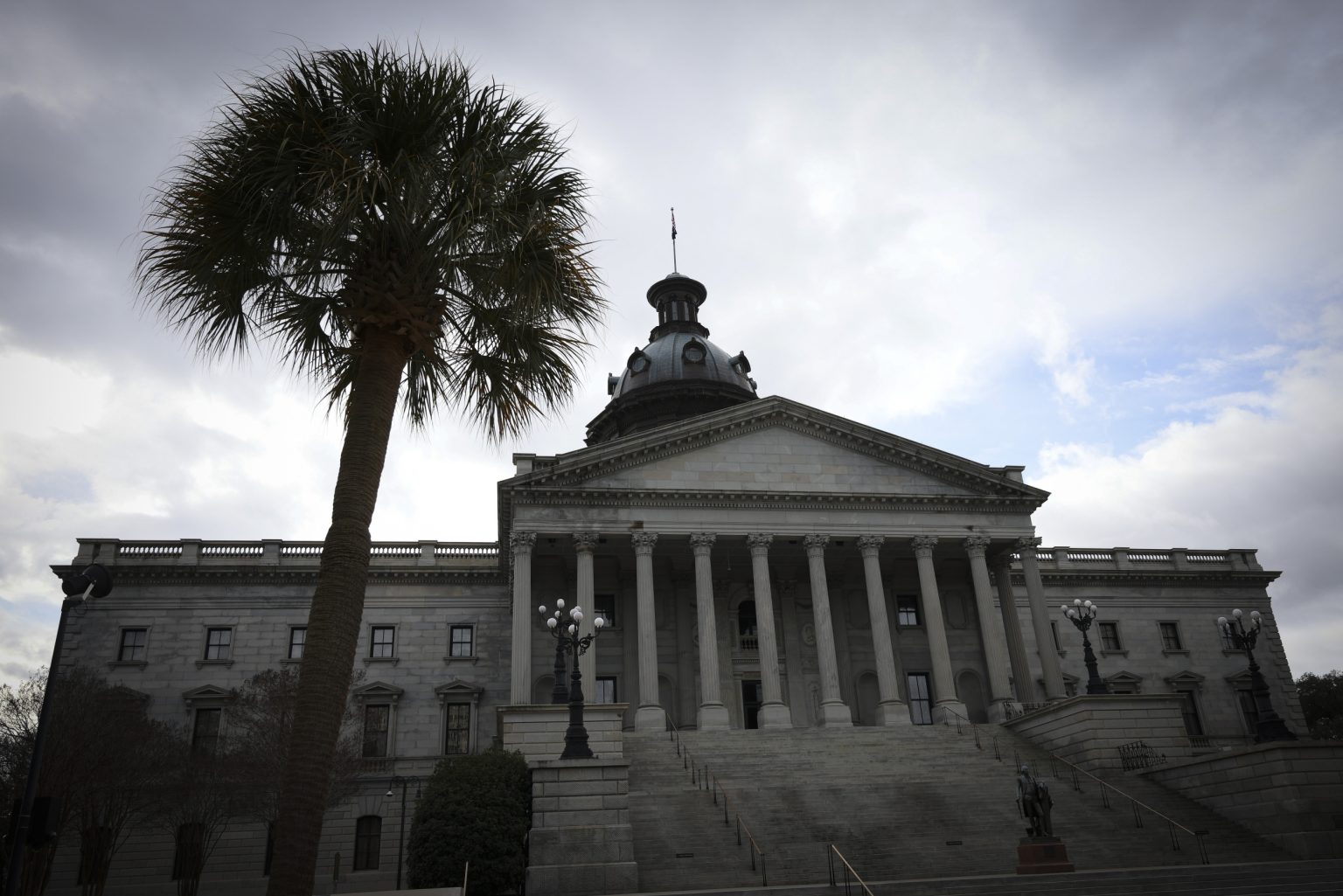South Carolina lawmakers have proposed a refund bill that would give back $1.8 billion to taxpayers in the state. The bill aims to use the funds from a state government bank account to offer 2023 taxpayers a one-time payment. The amount of the rebate would be calculated based on the taxpayer’s income tax liability. If the bill is passed, the checks would be distributed before the end of the year.
However, some lawmakers are cautious about moving forward with the rebate as they are unsure of the origin of the $1.8 billion. There is uncertainty surrounding whether the money actually came from taxpayers’ wallets or from other sources such as federal funds or the unemployment insurance trust fund. To address this issue, lawmakers have suggested establishing a standalone state auditory entity to ensure proper oversight and prevent conflicts of interest. Additionally, a forensic audit of the state treasury has been recommended to determine where the money belongs.
Financial experts have voiced their concerns about the lack of clarity surrounding the origin of the $1.8 billion. Alex Beene, a financial literacy instructor at the University of Tennessee at Martin, highlighted the importance of understanding the banking and investment records related to the money. However, if the rebate bill is approved, it could serve as a significant financial boost for South Carolinians grappling with inflation and economic uncertainty. Nationwide, inflation was at 3.5 percent for the 12 months ending in March, making the rebate a welcome relief for many residents.
Kevin Thompson, a finance expert and CEO of 9i Capital Group, believes that the potential rebate would be a much-needed blessing for South Carolinians facing rising costs of living. He emphasized the importance of conducting a thorough forensic accounting to determine the source of the money before moving forward with the rebate. Thompson acknowledged that the decision to pass the rebate would likely become politicized and used as a bargaining tool for power. The rebate could provide much-needed financial relief to residents struggling with the impact of inflation on their everyday expenses.
Ultimately, the fate of the $1.8 billion rebate rests on lawmakers’ decision. While some support the idea of returning the money to taxpayers in the form of a refund, others are urging caution and emphasizing the need to investigate the origin of the funds. Establishing proper oversight mechanisms and conducting a forensic audit of the state treasury could help clarify the situation and ensure that the money is allocated appropriately. As South Carolinians await a final decision on the rebate bill, they continue to face economic challenges exacerbated by inflation, making any additional financial support a welcome prospect for many.








